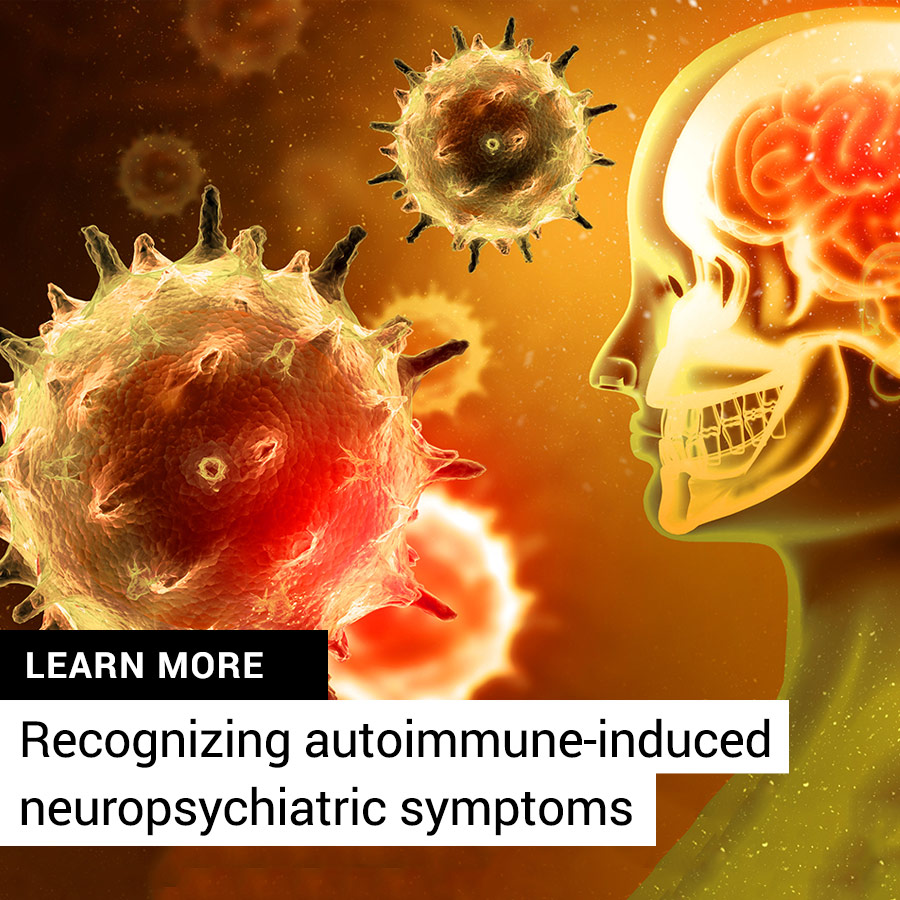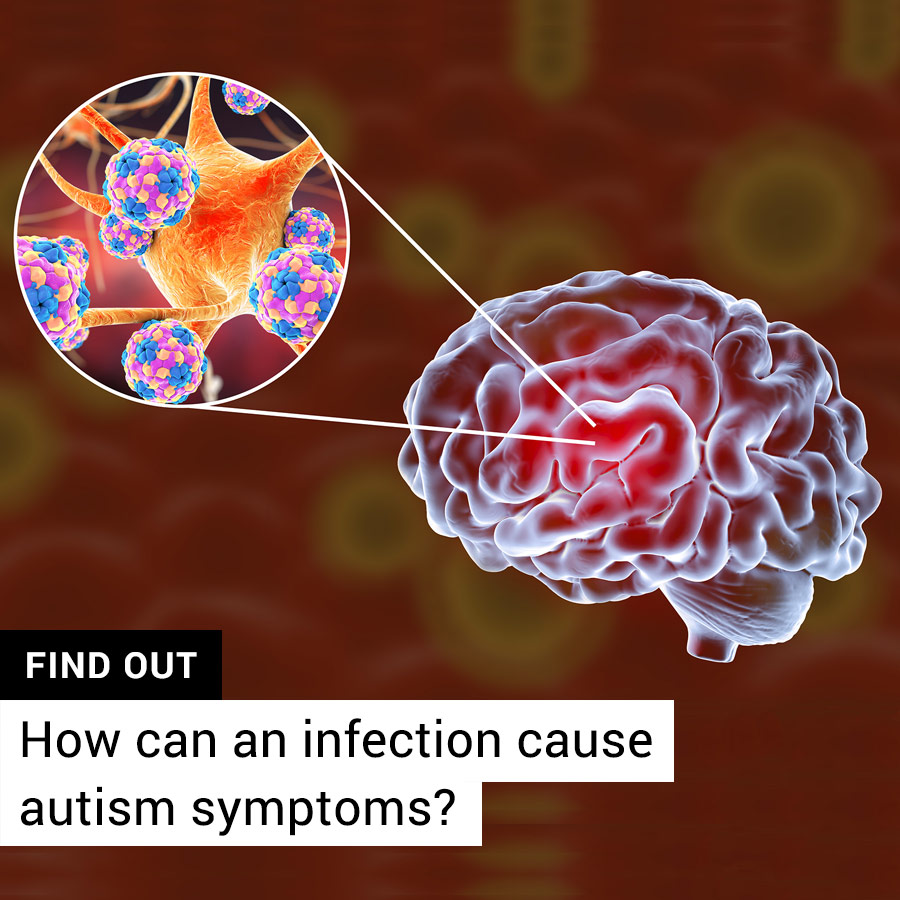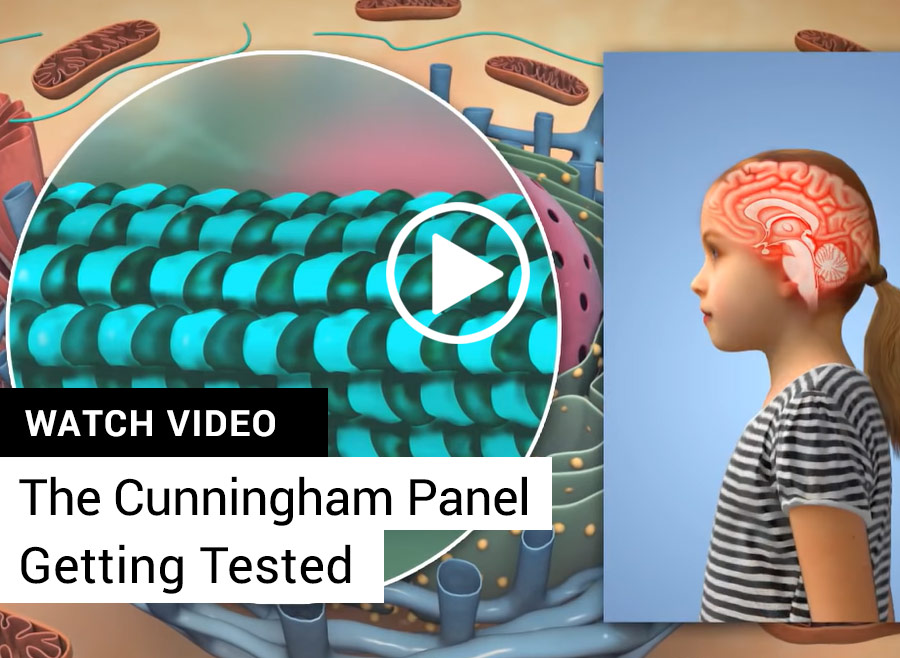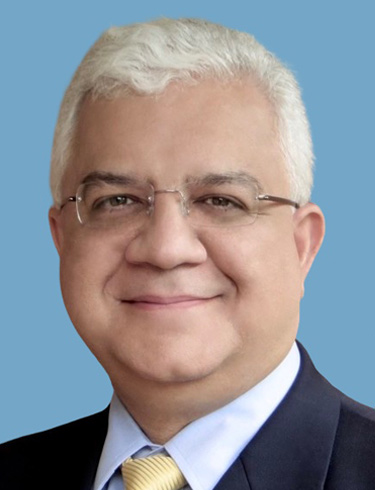Is autism caused by brain inflammation?
“One of the major advancements in ASD research in the last 10 years is evidence that active neuroinflammation is a significant component of ASD, including chronically activated microglia.” 1
Multiple studies report that an abnormal immune function, which includes inflammation, cytokine dysregulation, and anti-brain autoantibodies, can significantly influence the development of autism spectrum disorders. These findings have led researchers to look more closely at the role of immune dysfunction and autoimmunity in ASD patients. 2
Investigators from Tufts University School of Medicine have identified high numbers of an inflammatory protein, known as Interleukin-18 (IL-18), in the brains of children with autism spectrum disorder. They also found increased levels of IL-37, an anti-inflammatory protein. 3
Evidence supports the presence of immune dysfunction in the brains of children with autism
“Increasing evidence supports the presence of immune dysfunction and inflammation in the brains of children with ASD,” the authors concluded. 3
What exactly is triggering this inflammatory reaction is not yet known. But researchers believe that, in some cases, infections affecting the central nervous system in early childhood years may trigger an autoimmune response, causing antibodies to mistakenly attack healthy cells in the brain. These “autoantibodies” induce brain inflammation and the onset of abnormal behaviors associated with autism.
“Autoantibodies specific to self-proteins in the brain, CNS and cellular components have been frequently reported in individuals with ASD.” 1
For example, one study found, “the proportion of children with positive levels for [herpes simplex virus autoantibodies] IgM (indicative of acute infection) was significantly greater in autistics (65%) than in healthy children.” 4
And herpes simplex encephalitis was associated with the onset of autistic symptoms in a 14-year-old girl. Investigators concluded “that autoimmunity against encephalic structures elicited by HSV [herpes simplex virus] infections could be involved in autism.” 5
Another case report describes a toddler who developed “regressive behaviors and autistic features” when she contracted enterovirus encephalitis. 6
Meanwhile, other studies have found the exposure rate and titer of varicella zoster virus autoantibodies to be “significantly higher in children with ASD.” 6
“The presence of autoantibodies in individuals with ASD is increased, and evidence of neuroinflammation has been substantiated both in vivo and in post-mortem brain tissue.” 1
Investigators point out, however, that some individuals may not display outwards signs of infection but instead suffer from subclinical (or asymptomatic) infections. For instance, polyomavirus (typically an asymptomatic infection) was found “more frequent in the brains of patients with autism,” according to Lintas et al. 7
“Asymptomatic infections induce an immune response, even though disease is not present, and could still affect neurodevelopment,” Lintas warns. 7
- Hughes HK, Mills Ko E, Rose D, Ashwood P. Immune Dysfunction and Autoimmunity as Pathological Mechanisms in Autism Spectrum Disorders. Front Cell Neurosci. 2018;12:405. Published 2018 Nov 13. doi:10.3389/fncel.2018.00405 https://www.ncbi.nlm.nih.gov/pmc/articles/PMC6242891/
- Meltzer A, Van de Water J. The Role of the Immune System in Autism Spectrum Disorder. Neuropsychopharmacology. 2017;42(1):284–298. doi:10.1038/npp.2016.158 https://www.ncbi.nlm.nih.gov/pmc/articles/PMC5143489/
- Irene Tsilioni, Arti B. Patel, Harry Pantazopoulos, Sabina Berretta, Pio Conti, Susan E. Leeman, Theoharis C. Theoharides. IL-37 is increased in brains of children with autism spectrum disorder and inhibits human microglia stimulated by neurotensin. Proceedings of the National Academy of Sciences Oct 2019, 116 (43) 21659-21665; DOI: 10.1073/pnas.1906817116 https://www.pnas.org/content/116/43/21659
- Zappulo et al. Prevalence of HSV1/2 Congenital Infection Assessed Through Genome Detection on Dried Blood Spot in Individuals with Autism Spectrum Disorders. In Vivo. 2018 Sep-Oct; 32(5): 1255–1258. doi: 10.21873/invivo.11373 https://www.ncbi.nlm.nih.gov/pubmed/19961054
- Gillberg C. Onset at age 14 of a typical autistic syndrome. A case report of a girl with herpes simplex encephalitis. J Autism Dev Disord. 1986 Sep;16(3):369-75. https://www.ncbi.nlm.nih.gov/pubmed/3558293
- Marques et al. Autism spectrum disorder secondary to enterovirus encephalitis. J Child Neurol. 2014 May;29(5):708-14. doi: 10.1177/0883073813508314. https://www.ncbi.nlm.nih.gov/pubmed/24782421
- Lintas et al. Association of autism with polyomavirus infection in postmortem brains. J Neurovirol. 2010 Mar;16(2):141-9. doi: 10.3109/13550281003685839. https://www.ncbi.nlm.nih.gov/pubmed/20345322
- Frye RE, Rossignol DA. Identification and Treatment of Pathophysiological Comorbidities of Autism Spectrum Disorder to Achieve Optimal Outcomes. Clin Med Insights Pediatr. 2016;10:43-56. Published 2016 Jun 15. doi:10.4137/CMPed.S38337 https://pubmed.ncbi.nlm.nih.gov/27330338/

Recently, there has been mounting evidence indicating an association between brain inflammation and autism spectrum disorders.
Learn more about how infections can trigger neuropsychiatric symptoms

Cunningham Panel™ helps identify an autoimmune disorder in child initially diagnosed with schizophrenia
Researchers describe a complex case involving a 15-year-old girl, who abruptly developed multiple neurologic and psychiatric symptoms.
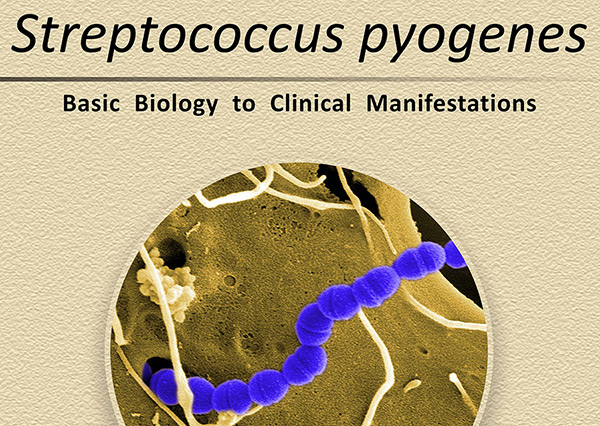
The association between streptococcus pyogenes and tics/OCD
In this book chapter, Dr. Madeleine Cunningham explains the association between Group A strep and the onset of tics and/or OCD and their clinical manifestations in children with the autoimmune neuropsychiatric disorder, PANDAS.
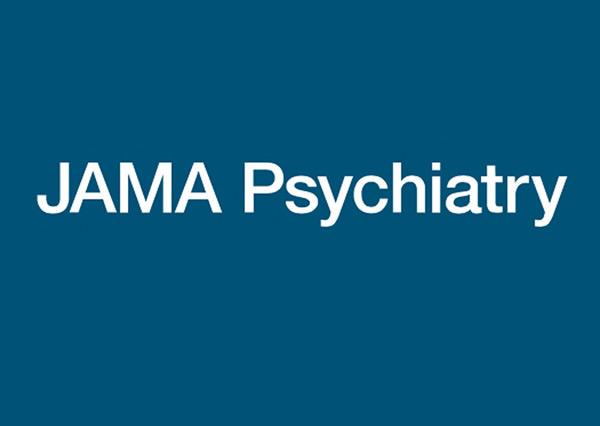
Childhood infections can increase risk of mental illness in kids
Nationwide study finds both mild and severe infections can increase risk of mental disorders in children and adolescents..




